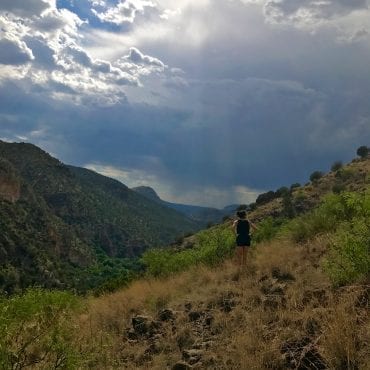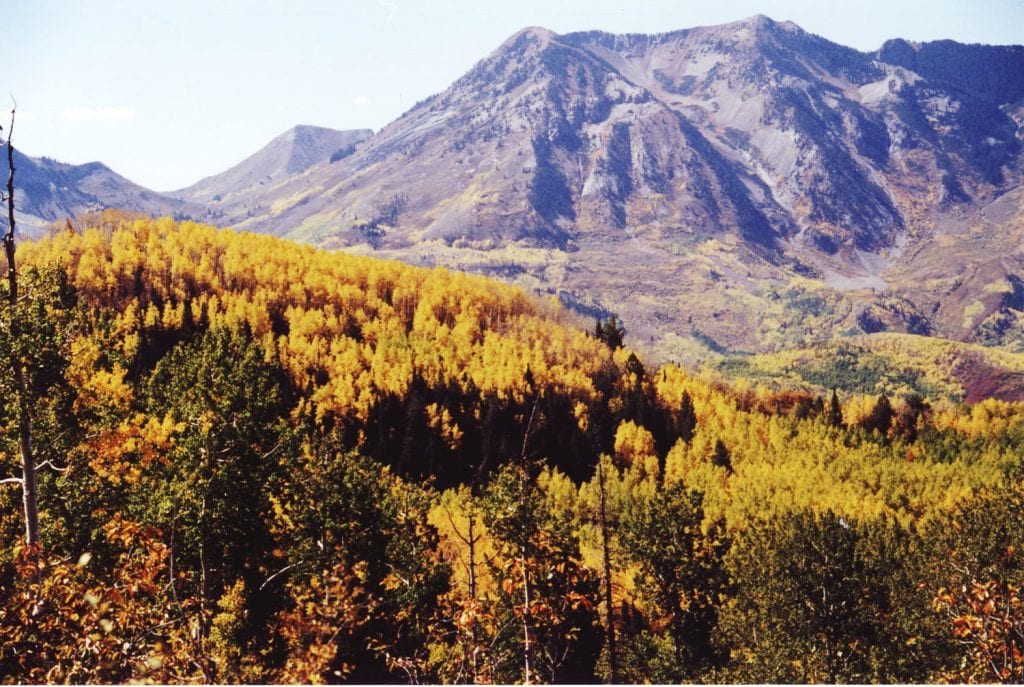As Jeffery Ostler, a contributor to The Atlantic, pointed out in his article last week, “disease has never been just disease for Native Americans.” He reminds us that the adverse social conditions, perpetuated largely by the ongoing oppressive forces of colonialism, and institutionalized through American systems of governance and through the citizens of those governments, have created a cultural asymmetry that is causing a vastly more extreme and dire response to Covid-19 in certain Native communities than other parts of the country.
The vulnerability of the Indigenous people of this land is not some sort of virgin-soil-epidemic hypothesis pertaining only to 17th century colonization of America. It’s a systematized dispossession that lives and breathes in our day-to-day status quo engagement with the people who were, in no uncertain terms, here first. It is a here-and-now reality that must be reckoned with. Reparations must be made. And, as I’ll talk more about next week, we must think about new ways of practicing conservation that work to continue to safeguard us from the ravages of future zoonotic diseases, and also upend the old model of ownership and elitism through justice, equity, diversity, and inclusion.
I bring all this up before delving into Indigenous Ecological Knowledge systems pertaining to the concept of One Health (see last week’s blog) because I do not wish to: 1. Implicitly perpetuate oppressive systems by not acknowledging them where they must be acknowledged; nor 2. (re)valorize and/or misappropriate ways of knowing the world that are not my own. I believe we can learn from, and offer respect to, the ancient epistemologies of those who have been in relationship to this land for far longer than we have. But instead of inappropriately adopting their belief systems as our own, maybe we can creatively reimagine our own relationship to this land in a way that honors all the life, both human and more-than-human, that came before us and coexists here with us still.

Photo by Leia Barnett
But that’s a (necessary) aside. Back to the One Health theme. While there is not an abundance of research documenting the relatedness between westernized One Health initiatives and North American Indigenous notions of well-being, it doesn’t take much digging to unearth the connections. An academic paper published in 2013 as part of the Aboriginal Policy Research Series presents Native Hawaiian, Maori, Metis, and Inuit understandings of health as encompassing more than just an individual’s state of wellness. According to the paper, and also recognizing that there is great variation within and between each group, each indigenous framework establishes multiple factors that affect a person’s health, some relating to mental state, others to physical wellbeing, some to community or cultural health, and others to environmental health. It is, in essence, the same conceptual framework that informs the One Health movement, and the same recognition of incontrovertible connectedness so many of us find ourselves reckoning with as we face the new menace of Coronavirus.
My urge for myself now, and for the people and places I love, including the Gila where I work, is to gather this potent sense of connection, this sudden, urgent vulnerability, this Earth-shaking and so deeply felt experience, and let it do work in and for the world. Let it connect us more deeply (and if you need inspiration I recommend this series, Together Apart, from Orion magazine). And, as we say at WildEarth Guardians, may it galvanize us as we continue to strive to be a force for the wild.
Each week, the Greater Gila Campaign Team of Leia Barnett and Madeleine Carey will share what they are reading, listening to, and watching and how it shapes the connections they draw between the current crisis and their work to conserve large landscapes.
